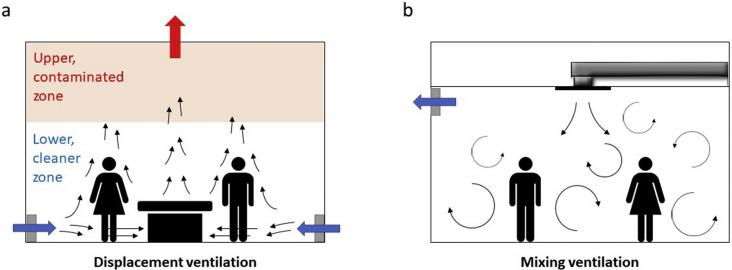Solar light-driven water splitting provides a promising way to store and use abundant solar energy in the form of gaseous hydrogen which is the cleanest chemical fuel for mankind; therefore this field
This special issue explores the influence that insects and other invertebrates have on ecosystem services and the Sustainable Development Goals (SDGs), and makes a case for insect science to promote a sustainability science approach.

Within a time span of only a few months, the SARS-CoV-2 virus has managed to spread across the world.

Termites are amongst the main macroinvertebrate decomposers in tropical ecosystems and they exert additional impacts through the creation of biostructures (mounds, galleries, sheetings, etc.) with dif

Viral diseases transmitted by mosquitoes, known as arboviruses, pose a significant threat to human life and are a major burden on many health systems around the world.
Quality attributes such as moisture content, colour parameters and shrinkage of apples change undesirably during the drying process.
This article supports SDGs 7 and 9 by creating a digital twin model of batteries via combining emerging machine learning technologies and battery modeling, achieving more intelligent control and longer battery life, providing key technologies for establishing an intelligent battery management framework in the future.
This article supports SDGs 7 and 9 by introducing the application of PEM fuel cells in different fields and the current status of related technologies, and it proposed that machine learning and artificial intelligence have important potential in optimizing the design, control, cost reduction, durability improvement, and monitoring operational health of fuel cells.
The new 2030 sustainable development agenda is likely to dominate policy and academic debates at both national and international levels over next 15 years and beyond.
